Oxford BioDynamics Plc, a biotechnology company developing personalized medicine tests based on 3D genomics, has entered into a strategic partnership with Boca Biolistics, a US-based biorepository, reference lab and Contract Research Organization (CRO).
Under the terms of the agreement, Oxford BioDynamics will receive a diverse range of blood samples from COVID-19 patients, with detailed clinical information on disease severity. These will add to Oxford BioDynamics’ existing database of 500+ UK and US samples. Financial details of the partnership are not disclosed.
Oxford BioDynamics requires the widest diversity of samples as possible, depicting the broadest possible range of severity levels expressed in patients, to support product development of its EpiSwitch prognostic immune-response test. Therefore, Boca Biolistics is prospectively procuring samples for Oxford Biodynamics from the US and the Caribbean, as well as South America.
The underlying aim of Oxford BioDynamics is the development of a disease severity test leveraging off the Company’s proprietary EpiSwitch technology. The 3D structure of a patient's genome contains over 1 million molecular regulatory data points1. These can be interrogated from a patient’s blood using the EpiSwitch technology to determine what makes certain patients particularly vulnerable to hyperinflammation and severe side effects when exposed to Covid-19 infection. Based on this data, the Company is developing a panel of risk profiles to offer commercial tests that will facilitate the assessment of individual risk levels and assist with patient prognoses.
Boca Biolistics brings decades of expertise in infectious and tropical disease research and has driven the advancement of diagnostic technologies for viral infections such as HIV and Zika2 by procuring specimens from around the world for commercial product development and the advancement of precision medicine. It is a hybrid CRO with an integrated life science biorepository, offering central laboratory testing as well as clinical trial services.
OBD is currently working with severe and mild sample cohorts procured from Peru. Currently, Peru has the highest mortality COVID-19 rate (over 100 per 100,000 inhabitants)3 to date, surpassing Brazil as well as Chile. In addition to these samples, Boca Biolistics will procure longitudinal cohorts observing the same patients over time, to enable prognostic insights into “long COVID”. This condition is a serious complication for patients who have recovered from initial infection but then relapse with symptoms such as profound fatigue, breathlessness, muscle aches or cognitive impairments.
Valentin Adia, Chief Development Officer, Boca Biolistics said: “With the expertise, Boca Biolistics has developed from our involvement in other global viral outbreaks, including Zika, we look forward to contributing our know-how in infectious disease management, laboratory testing, and clinical trial services to Oxford BioDynamics in the broader effort to respond to COVID-19. We believe our expertise in some of the hardest-hit territories such as Peru will be especially key.”
Dr Jon Burrows, CEO of Oxford BioDynamics commented: “Working with an established integrated industry partner is another step on the path to commercializing our disease severity program for COVID-19. Boca Biolistics has a global footprint and a proven track record for delivering high-quality annotated samples and supporting frontline test developments and deployment.
He added, “This strategic partnership follows quickly on from the recent agreement with the prestigious Oregon Health & Science University which has provided us with COVID-19 samples for our product development. It is the range of samples we are accumulating which will enable us to create a detailed understanding of how the 3D genomic structure of our DNA determines our immune health. This in turn will provide a powerful basis for our forthcoming EpiSwitch test.”
With the COVID-19 pandemic affecting people worldwide, understanding how individual risk of disease severity is reflected is critical. Advanced forecasting of an individual’s risk of disease severity will be beneficial for healthcare settings in terms of devising workforce risk mitigation strategies and the optimization of acute and long-term treatment decisions. This knowledge is especially important for high-risk workforces, essential workers, and frontline healthcare providers.
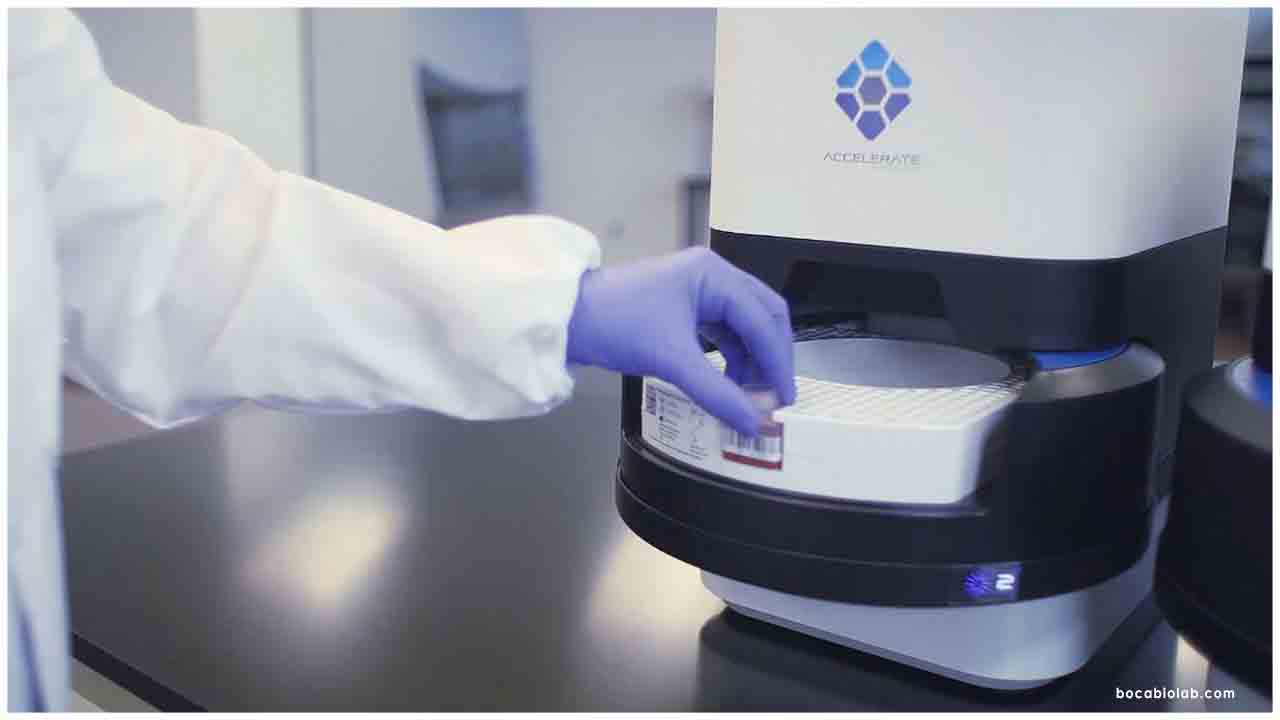
 With the COVID-19 pandemic affecting people worldwide, understanding how individual risk of disease severity is reflected is critical
With the COVID-19 pandemic affecting people worldwide, understanding how individual risk of disease severity is reflected is critical







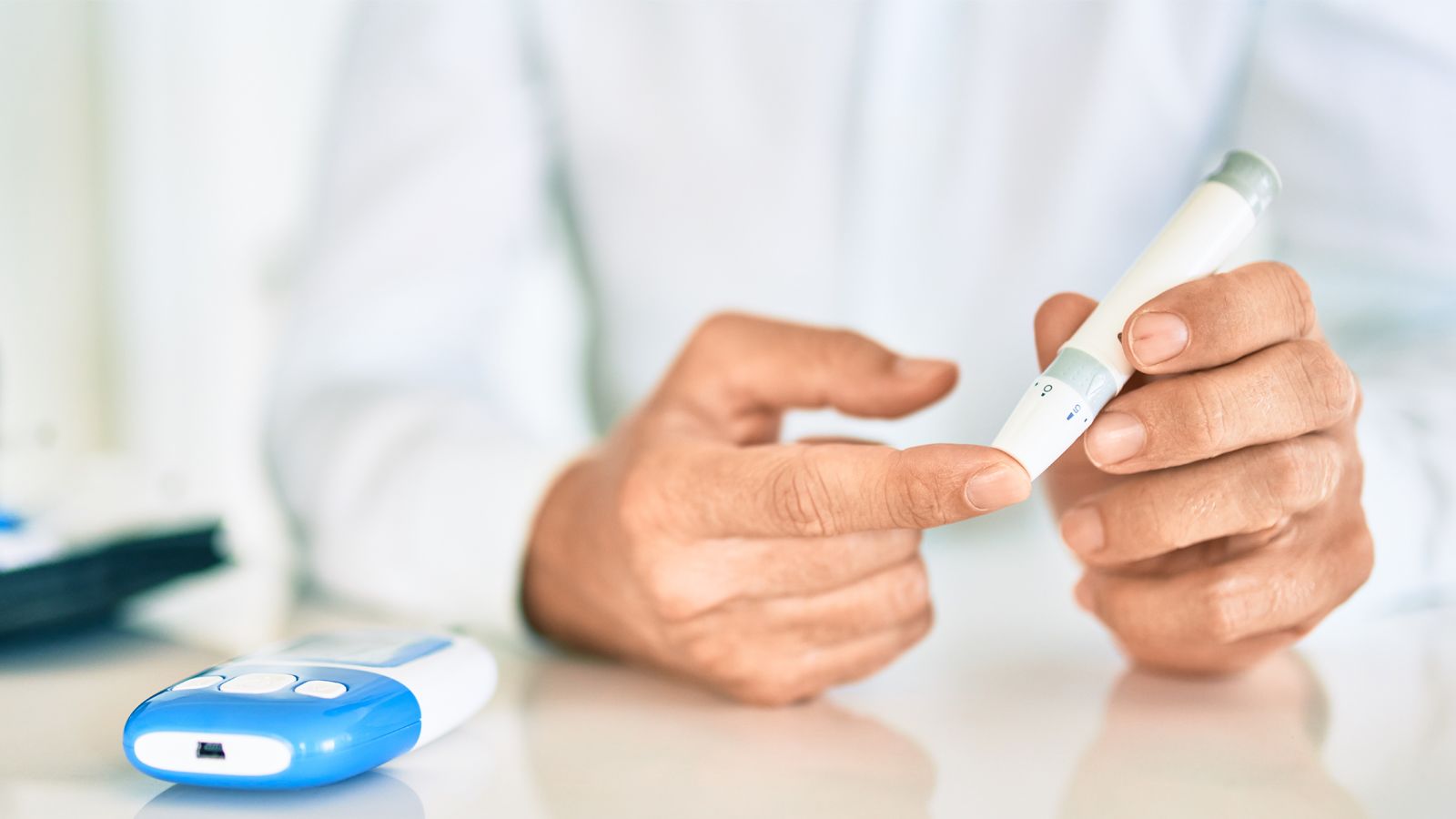
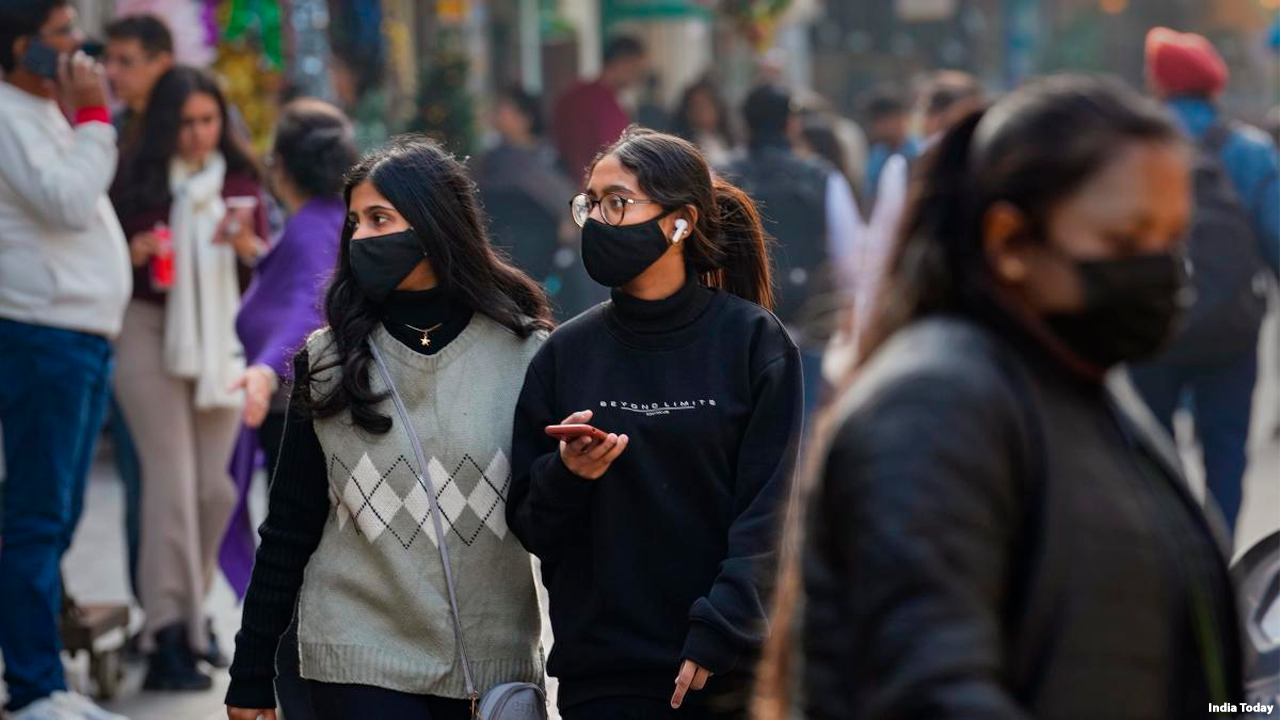
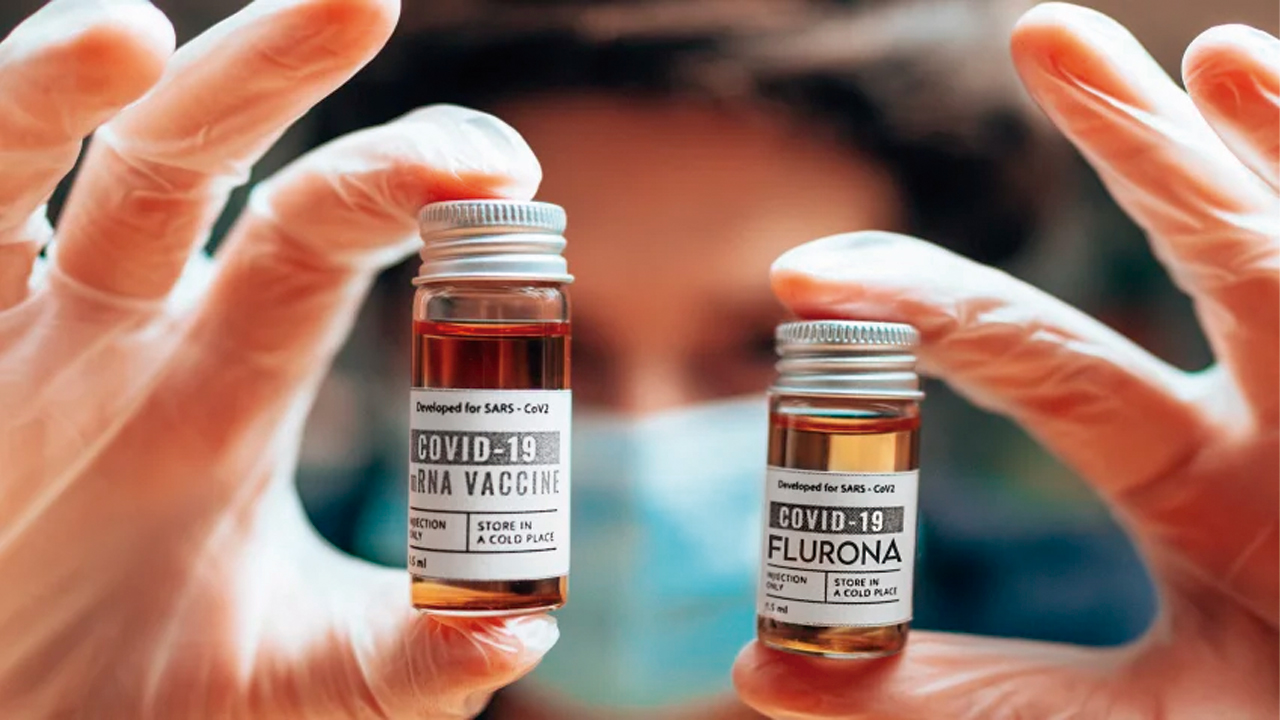
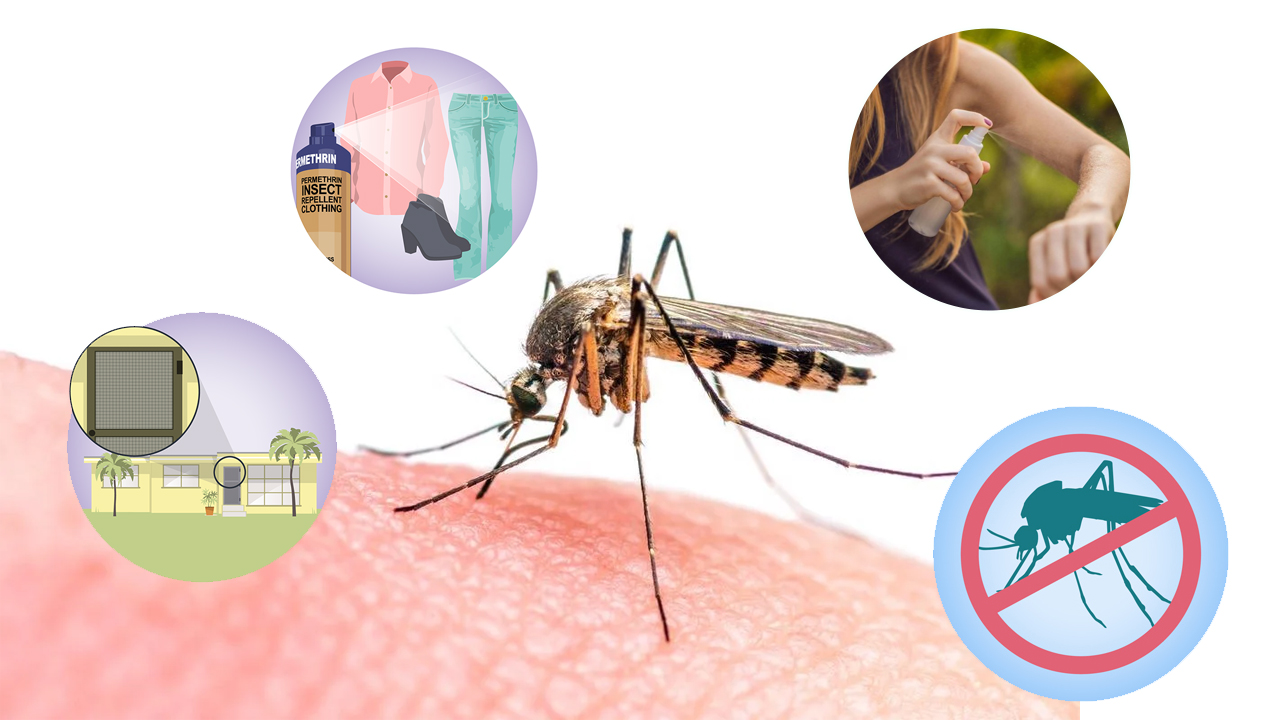
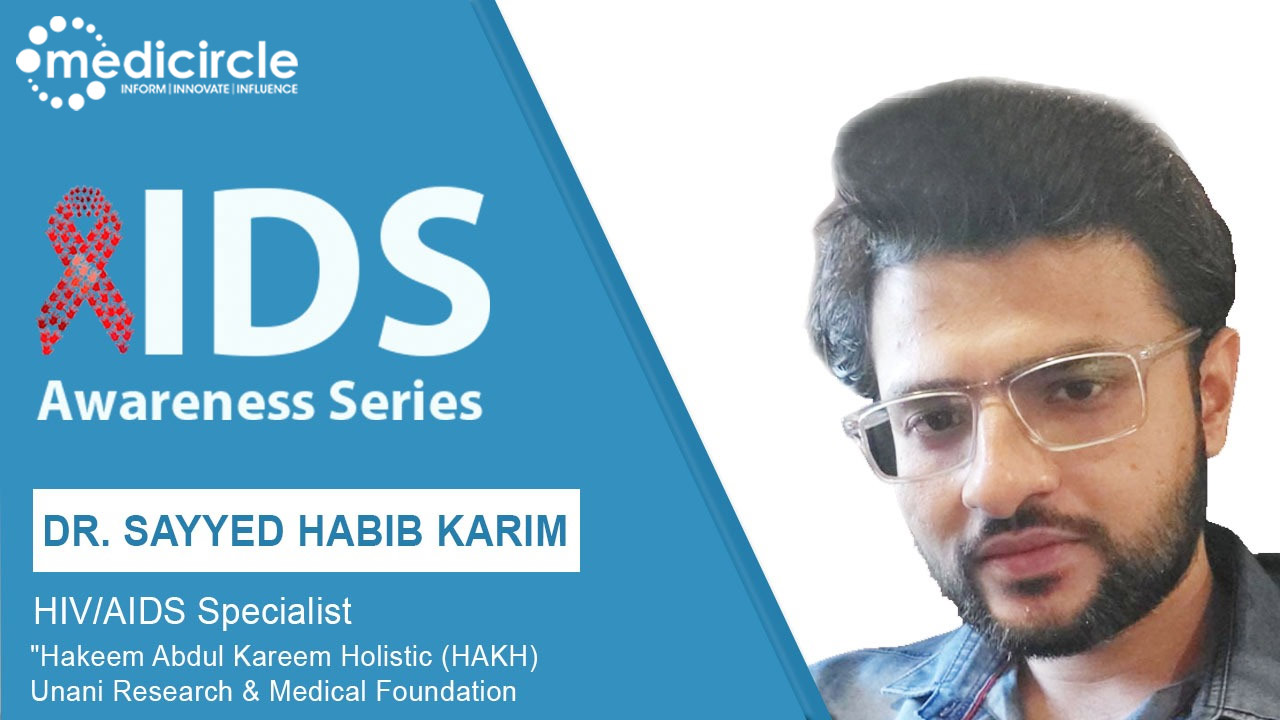
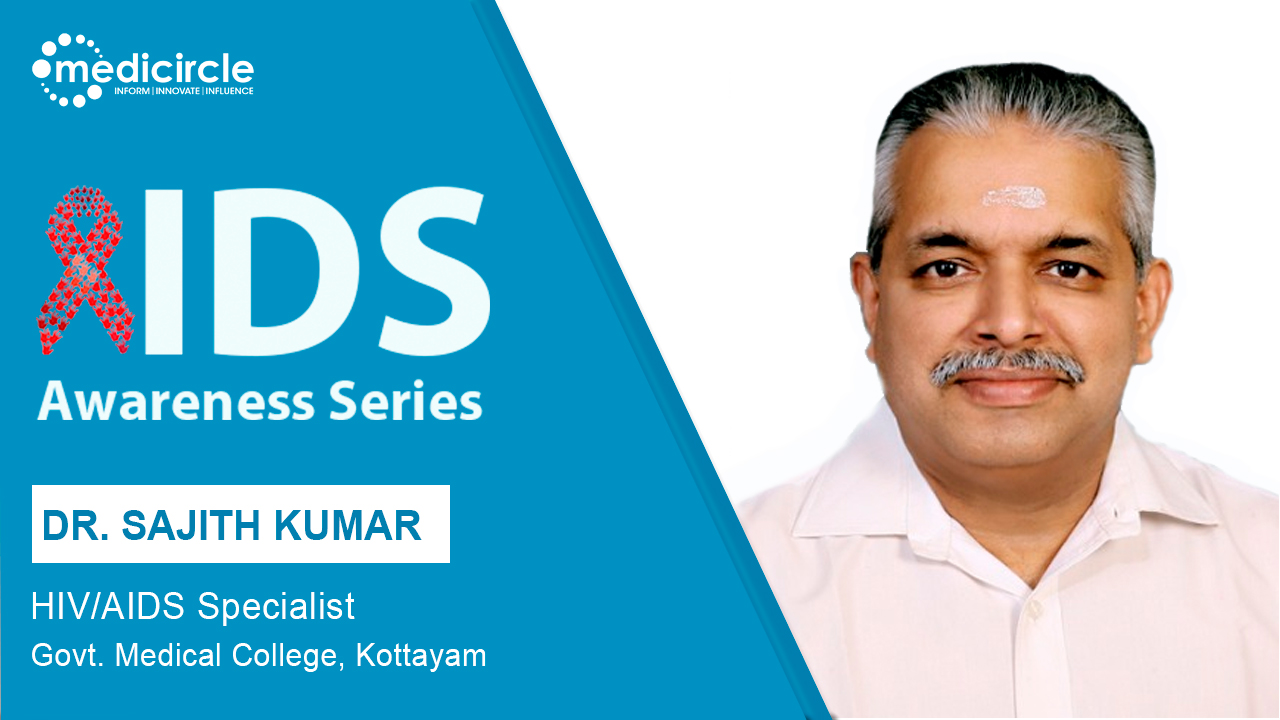






.jpeg)

.jpeg)










.jpg)




.jpg)

